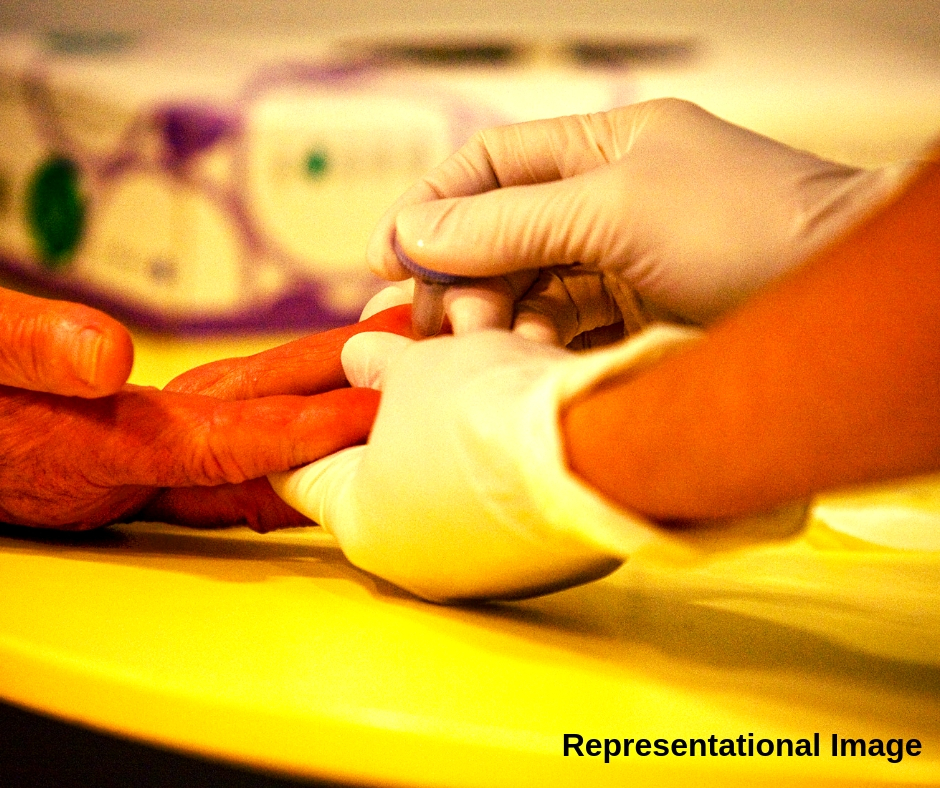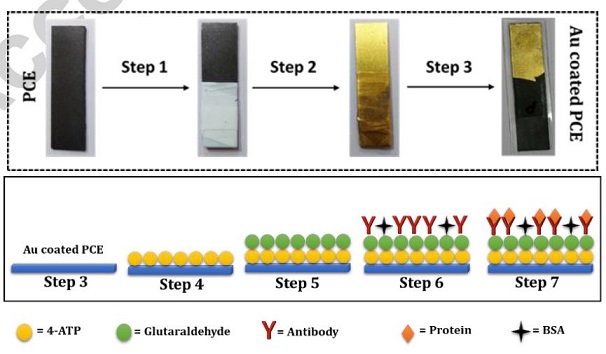Worried About Diabetes? This New Sensor Can Help Detect it Before it is Too Late
Present methods to detect this protein require sophisticated and costly instruments. But our scientists are changing that!

Early detection of diabetes may become possible with a new sensor developed by Indian scientists to detect low levels of Retinol Binding Protein 4 (RBP4), a biomarker for early diabetes.
Biomarkers are typically present in extremely small concentrations in blood serum but they can indicate very early stage of the disease or can predict possibility of its development even before its onset. At present, detection of diabetes in early stage is difficult as symptoms emerge only in late stages of the disease.
Adipose tissues secrete adipokines, a communication molecule that regulates glucose and lipid in the body. In obese individuals, adipokines are not secreted properly, often leading to type-2 diabetes. “Retinol Binding Protein 4 (RBP4), an adipokine, is one of the biomarkers for Type 2 diabetes. Many groups globally are currently engaged in understanding various fundamental aspects of these wonder proteins,” explained Divesh Srivastava, scientist at CSIR-Central Salt and Marine Chemicals Research Institute (CSMCRI) who was involved in the study.

Presently available methods to detect this protein require sophisticated and costly instruments yet they cannot detect low levels of this protein.
Researchers used an electrode made of graphite and polymethacrylate coated with a thin layer of gold. The gold coating increases conductivity of the electrode and helps in increasing the attachment of antibodies to its surface. The antibodies against RBP 4 were then immobilised on its surface. Further studies showed that the electrode was sensitive to a wide range of concentrations of RBP 4, and it could detect extremely low protein levels in serum (as low as 0.1 picograms in one millilitre).This is superior to all the previously developed methods to detect RBP 4.
Also Read: Cancer to Diabetes: Mysuru’s Millet Doctor Ditched US Job to Make India Healthy
However, researchers said, more studies were needed before the sensor could be used commercially. The research team includes Anirban Paul, Divesh N Srivastava (Central Salt and Marine Chemicals Research Institute) and Maria Serena Chiriacòc, Elisabetta Primiceri, Giuseppe Maruccioc (CNR NANOTEC Institute of Nanotechnology, Italy,).
The study was published in journal Biosensors and Bioelectronics.
(Courtesy India Science Wire)
Like this story? Or have something to share?
Write to us: [email protected]
Connect with us on Facebook and Twitter.

Similar Story

Would Your Parents Support You Taking Therapy? This Mental Wellbeing Survey Reveals an Unseen Change
An ITC Fiama survey on mental health shows 80% of Indians trust their parents to back them in seeking therapy, signalling a change in how its perceived by Gen Z, millennials, and their parents.
Read more >
If you found our stories insightful, informative, or even just enjoyable, we invite you to consider making a voluntary payment to support the work we do at The Better India. Your contribution helps us continue producing quality content that educates, inspires, and drives positive change.
Choose one of the payment options below for your contribution-
By paying for the stories you value, you directly contribute to sustaining our efforts focused on making a difference in the world. Together, let's ensure that impactful stories continue to be told and shared, enriching lives and communities alike.
Thank you for your support. Here are some frequently asked questions you might find helpful to know why you are contributing?


This story made me
-
97
-
121
-
89
-
167












